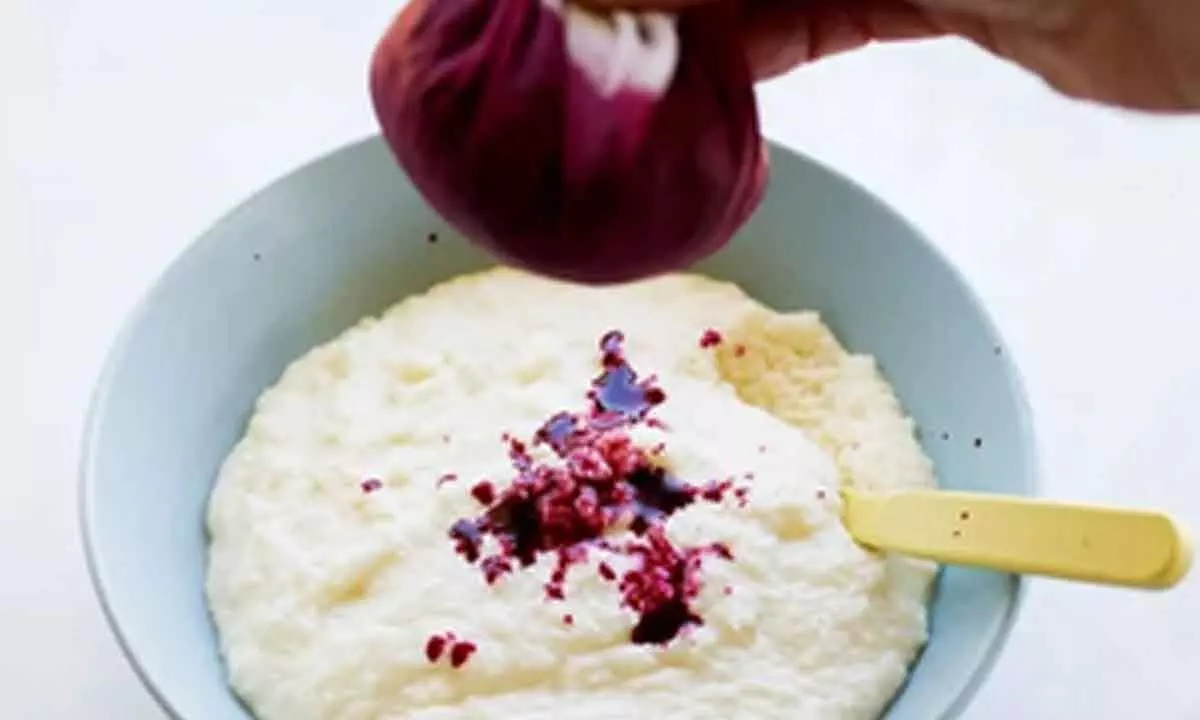Experts call for stricter, wider regulations on harmful artificial food colours
Share :

Doctors on Tuesday called for stricter and wider regulations on harmful artificial food colours, a day after Karnataka banned their use over potential health concerns.
New Delhi : Doctors on Tuesday called for stricter and wider regulations on harmful artificial food colours, a day after Karnataka banned their use over potential health concerns.
Karnataka’s Food Safety and Standards Department on Monday passed an order imposing a fine of up to Rs 10 lakh and punishment from seven years up to life imprisonment for using artificial colours in chicken kebabs, fish, and vegetable dishes across the state.
Artificial food colourings enhance food's visual appeal and stability, which can boost consumer satisfaction. However, dyes like Sunset Yellow, Carmoisine, and Rhodamine-B pose health risks, including allergies, hyperactivity in children, and potential carcinogenic effects.
“Recent tests in Karnataka revealed hazardous levels of these dyes in kebabs, leading to public health concerns. Given these risks, there is a strong case for stricter regulations or broader bans on harmful artificial colours,” Dr. Basavaraj S Kumbar, Consultant- Internal Medicine, Aster Whitefield Hospital, Bengaluru, told IANS.
“Encouraging the use of natural alternatives and increasing public awareness about the dangers of synthetic dyes can help protect consumer health and promote safer food practices,” the doctor added.
Dr. Piyush Ranjan, Senior Consultant & Vice Chairman, Department of Gastroenterology, Sir Ganga Ram hospital told IANS that some synthetic colouring agents affect children and can cause aggressive behaviour in them.
“Some of these agents may also be carcinogenic and thyroid cancers have been reported. Issues of allergy and asthma may also be associated with the use of artificial colouring agents,” he added.
In March, Karnataka banned the use of Rhodamine-B, an artificial colouring agent used in gobi manchurian and cotton candy.
Vanshika Bhardwaj - Senior Dietician, Marengo Asia Hospitals, Gurugram told IANS that consumption of these artificial food colours can lead to oxidative stress, increase cell apoptosis and affect the brainstem.
“Rhodamine-B appears green in powder forms, and it turns vivid fluorescent pink with water. It damages the kidney, and liver and increases the risk of Stomach tumour. Regular consumption of food containing this can damage the cerebellum tissue in the brain and result in functional abnormalities,” she added.
Vanshika informed that the colours have been linked to allergic reactions, hyperactivity, and attention deficit hyperactivity disorder (ADHD) in children, as well as potential carcinogenic effects and organ damage.
“Considering these risks, there is a strong argument for banning artificial food colours to prioritise public health and safety. Stringent regulations and labelling requirements are necessary to inform consumers, allowing them to make informed choices about consuming products with artificial colours,” the dietician said.








